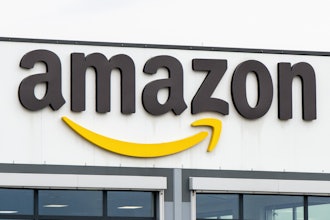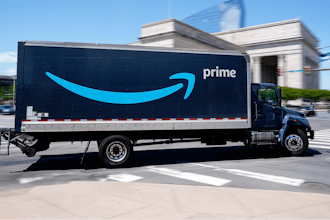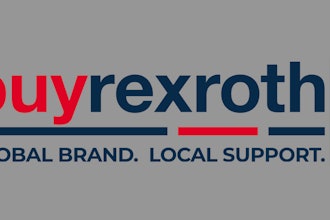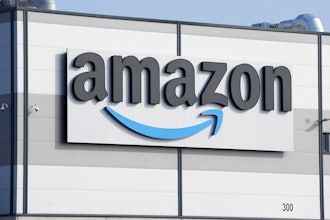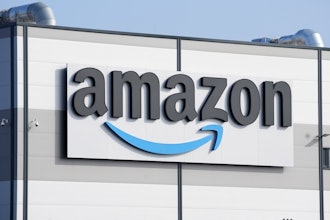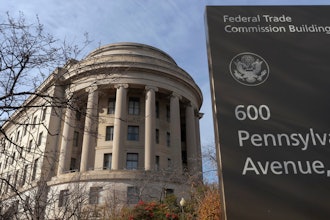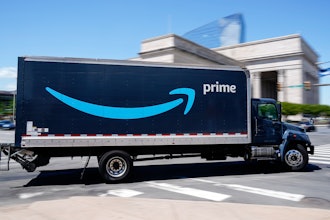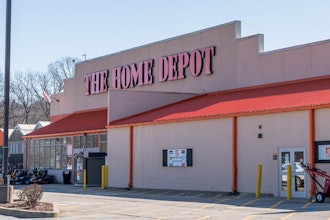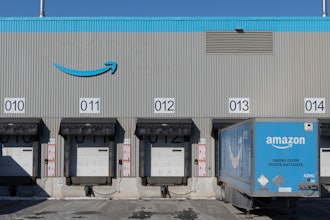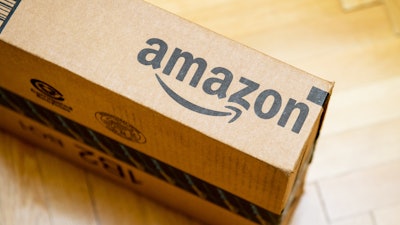
While fast e-commerce growth has helped small entrepreneurs grow their businesses, these brands are seeing diminishing returns in a continually growing market — mainly because a handful of Big Tech companies, like Amazon and Google, are consolidating their power and using it to create hurdles for online sellers.
To lend support to the millions of merchants selling on online platforms and ensure a competitive marketplace where they can thrive, Congress and the FTC are beginning to show signs of reining in Big Tech. Enforcing existing law and passing modernized antitrust legislation this year is a must.
It doesn't take an expert to see how massive Big Tech has grown in recent years and how tight its grip on the economy has become. While these companies were already budding Goliaths long before the pandemic, a greater reliance on technology boosted them. Amazon, for instance, saw a whopping $470 billion in revenue last year ($600 billion in GMV) — the pre-pandemic $281 billion it saw in 2019 pales in comparison.
The average consumer may be okay with this growth, won over by convenient one-day shipping and access to millions of products. But despite these apparent benefits, Big Tech's power comes at a high price to the small businesses whose financial success rests solely on the whims of a few large platforms. This is something that I have seen all too often with Amazon. As someone who works with the company's third-party sellers and brand owners — and previously having been a Top-200 Amazon seller myself — I know how Big Tech has chocked independent merchants.
Amazon, for instance, engages in what online sellers commonly refer to as "Buy Box Suppression." Over the years, the tech giant has been able to use access to its coveted selling tool, identifying where else online products are being sold for cheaper and punishing Amazon sellers who do not comply. Sellers are regularly forced to choose whether to raise prices on competing platforms or remove the listings outright to preserve their Amazon sales which often account for 50% or more of their total sales. You can figure out how this story ends.
Fulfillment by Amazon, or FBA, the company's logistics service, is just another item on the laundry list of methods through which it maintains power over sellers. While Amazon may not require sellers to use this service, it makes them eligible for Prime, which can drive 30% more revenue and preferential search ranking to third-party online. Sellers are also likely paying a much higher price for FBA than it costs Amazon to ship its own private-label merchandise to customers from its dominant logistics network.
In fact, private-label products now appear to be a burgeoning source of profitability for Amazon. The company has engaged in questionable tactics to keep them at the top of shoppers' minds — and search results. One of my clients saw this firsthand, finding that his product was pushed to the bottom of search while Amazon's own brand fared far better. Such egregious "self-preferencing" can no longer be left unaddressed.
Amazon has stooped even lower, reportedly stealing the concepts for innovative products from the businesses on its platform and selling them at lower prices. These tactics suppress entrepreneurs' will, with many finding it impossible to compete with an 8000-pound gorilla. And the company continues to profit, making off with a 34% cut on average from its sellers' sales. That is up from 30% in 2018 and 19% in 2014.
Regulators have recognized why boundaries between the most dominant entities and those who rely on them are fundamental. Take banks, for instance, which are regulated from purchasing homes in most cases. It would simply be unfair to give banks an opportunity to profit without ever having to pay the same premium as real estate business owners. Similarly, online marketplaces should be unable to sell private-label products because it can severely disadvantage small business entrepreneurs.
Congress must restore balance to the American economy and clamp down on Big Tech to protect online sellers. Antitrust legislation currently being considered in Washington is an appropriate first step, and I was pleased to see that the Biden administration has come to agree.
Let's be clear: Amazon and other dominant technology firms are suppressing the innovative spirit of entrepreneurs so vital to a thriving economy because they know the scales are not tipped in their favor. While consumers may not always realize it, third-party sellers are living it. Lina Kahn's new FTC majority will do their part, but the onus now lies on Congress to step in and modernize existing laws to meet today's challenges. Unless lawmakers act, online sellers will continue to find themselves left with a smaller and smaller slice of the American economy.
Jason Boyce is the author of "The Amazon Jungle" and the founder of Amazon managed services agency Avenue7Media.










